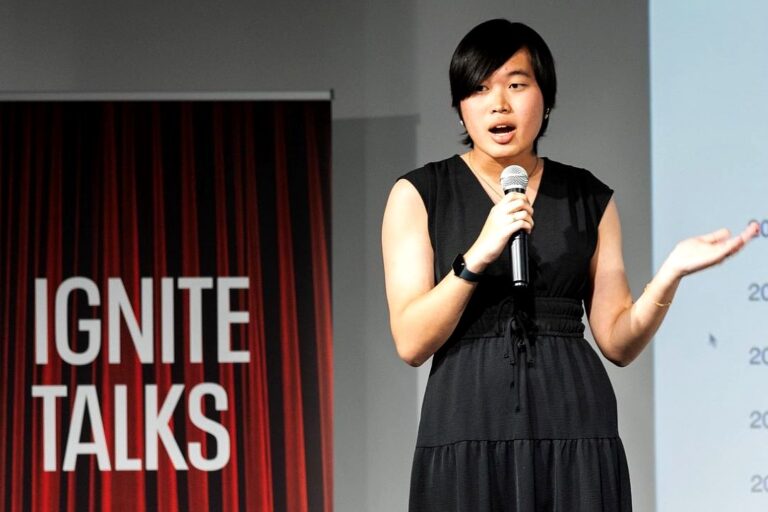
Michigan State University has received funding from the Council of Graduate Schools (CGS) to support the development of a pilot program for Ph.D. students in the humanities that will offer customized, cohort-based learning experiences to explore career pathways beyond academia.
Stemming from the Ph.D. Career Pathways project that seeks to develop, expand, and improve humanities doctoral programs, MSU will join The Humanities Coalition to develop and assess initiatives for better supporting humanities Ph.D. students transitioning from graduate programs into the workforce.
This initiative builds on ongoing efforts in three graduate programs across two colleges — History, English, and Rhetoric & Writing — to offer diverse career options to students with one key difference: rather than focusing on students already enrolled, they will recruit students with this as their aim from the beginning.
The idea is that we are helping Ph.D. students make other-than-academic career path decisions, thus creating a new Plan A rather than a Plan B.
Bill Hart-Davidson, Associate Dean of Research and Graduate Education
Currently, humanities Ph.D. students tend to find alternative career options after entering doctoral programs when they participate in a number of programs that introduce them to careers beyond the academy.
“Many students consider these opportunities only as a ‘Plan B,’ but what if we sought out scholars for whom this was Plan A?” said Bill Hart-Davidson, Associate Dean of Research and Graduate Education for MSU’s College of Arts & Letters. “The idea is that we are helping Ph.D. students make other-than-academic career path decisions, thus creating a new Plan A rather than a Plan B.”
The $48,000 subaward that Michigan State University received from CGS will be used over a 30-month period, from August 2021-January 2024. With this funding, MSU will recruit two successive cohorts of students in History, English, and Rhetoric & Writing Ph.D. programs who aim to build careers beyond the academy. Each group will have one full year of support during their Ph.D. programs to pursue experiences with organizations that represent their future career community. Students also will have a mentored cohort experience throughout their programs, providing an additional layer of collegial relationships to those they build in their own disciplines.
We’ve been conducting research in career diversity for nearly a decade, and this work will take the next logical step from better understanding aspirations to preparing for successful careers.
Suzanne Ortega, President of the Council of Graduate Schools
“Building on the extraordinary work of the Ph.D. Career Pathways project, The Humanities Coalition will develop, expand, and scale up a suite of programs and practices in key areas of need. We’ve been conducting research in career diversity for nearly a decade, and this work will take the next logical step from better understanding aspirations to preparing for successful careers,” said Suzanne Ortega, President of the Council of Graduate Schools. “We know that humanities Ph.D.s have many possible career paths in front of them. We need to make sure they know their options, how to access them, and that they’ve developed the skillsets necessary for success.”
The Council of Graduate Schools indicated that it received a large number of competitive proposals and that MSU’s proposal was among the few selected for funding based on the strength of the proposal and MSU’s commitment in this area. The award is made possible by grants from The Andrew W. Mellon Foundation.
The Michigan State University team includes the Department of Writing, Rhetoric, and American Cultures and Department of English in the College of Arts & Letters and the Department of History in the College of Social Science. Michigan State University will join a network of other grantees as well as universities that submitted competitive proposals to participate, including: Arizona State University; CUNY Graduate Center; Howard University; Indiana University Bloomington; Loyola University Chicago; Purdue University; Texas A&M University; The University of Southern Mississippi; The University of Texas at El Paso; University of Arizona; University of Arkansas; University of California, Irvine; University of Missouri; University of Rochester; University of Wisconsin-Madison; and Wayne State University.


